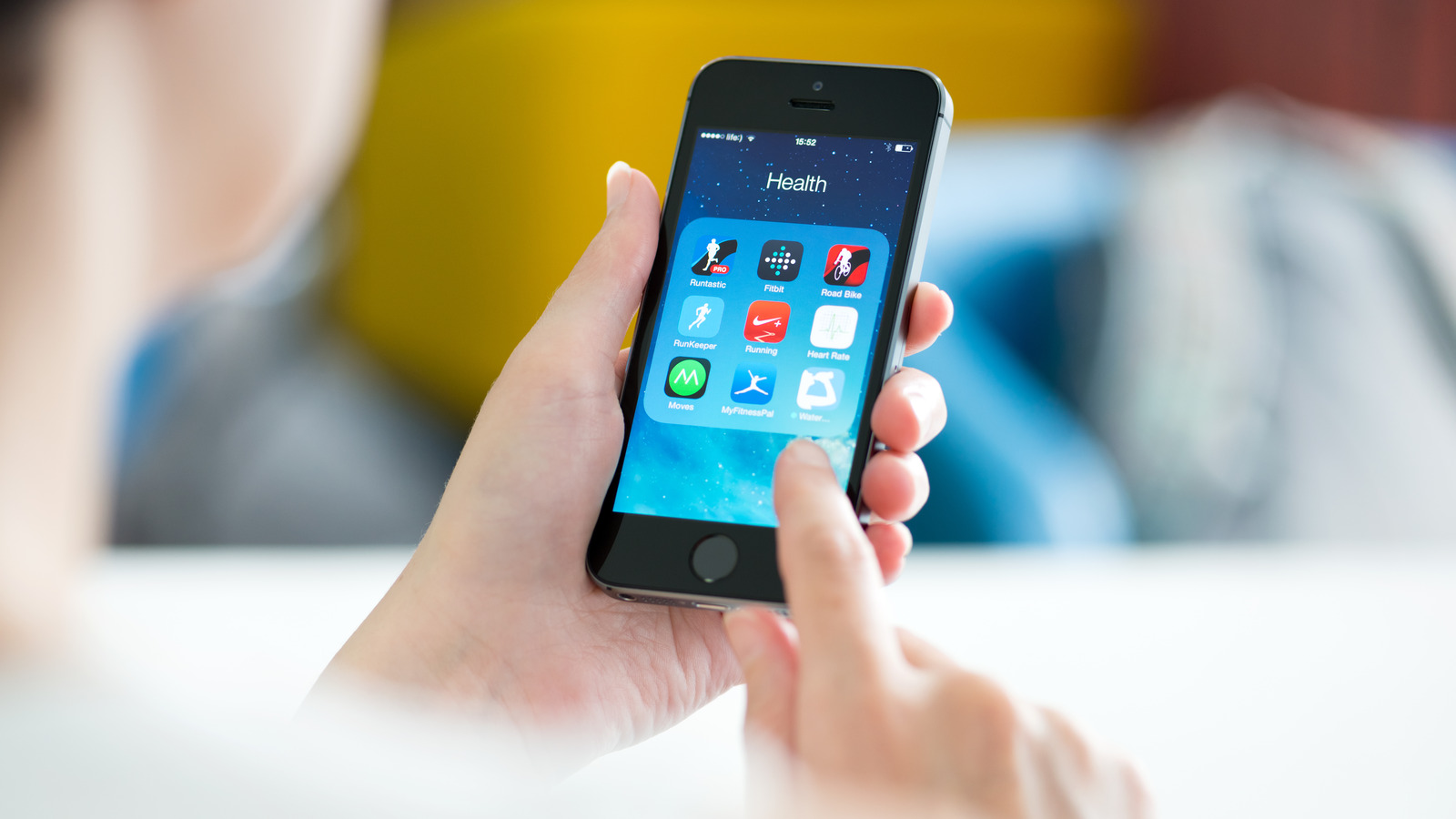
The biggest problem with nutrition apps is the narrow scope of their focus. While a few apps incorporate further lifestyle advice regarding exercise, stress, and mindfulness, the majority focus solely on the food you eat, particularly scrutinizing your calorie intake (via ScienceDirect). It is a mistake to equate caloric restriction with healthy eating. Physician Ann Kulze told WebMD that low-calorie diets are “almost starvation-based” and therefore unsustainable. In the same article, registered dietitian Geri Brewster said we cannot treat all types of calories the same and need to count individual nutrients separately, limiting carbohydrates and sugars while adding more protein.
Another criticism leveled at dietary apps is that they are great for logging information about your eating habits but don’t translate that information into actionable change. In a study of 200 Los Angeles residents using MyFitnessPal, most patients stopped using the app after one or two months, per CBS. Alex Hern, writing for The Guardian, reviewed his experience with MyFitnessPal, saying that he quickly got in the habit of logging his meals but didn’t get sufficient motivation or knowledge to actually change his diet. On the other hand, one Lose It! user told Hern that simply knowing his calorie intake was sufficient to motivate him. It’s clear that these solutions aren’t universally effective and rely on making assumptions of the user.
Techyrack Website stock market day trading and youtube monetization and adsense Approval
Adsense Arbitrage website traffic Get Adsense Approval Google Adsense Earnings Traffic Arbitrage YouTube Monetization YouTube Monetization, Watchtime and Subscribers Ready Monetized Autoblog
from Fitness and Weight loss – My Blog https://ift.tt/ESBAICH
via IFTTT